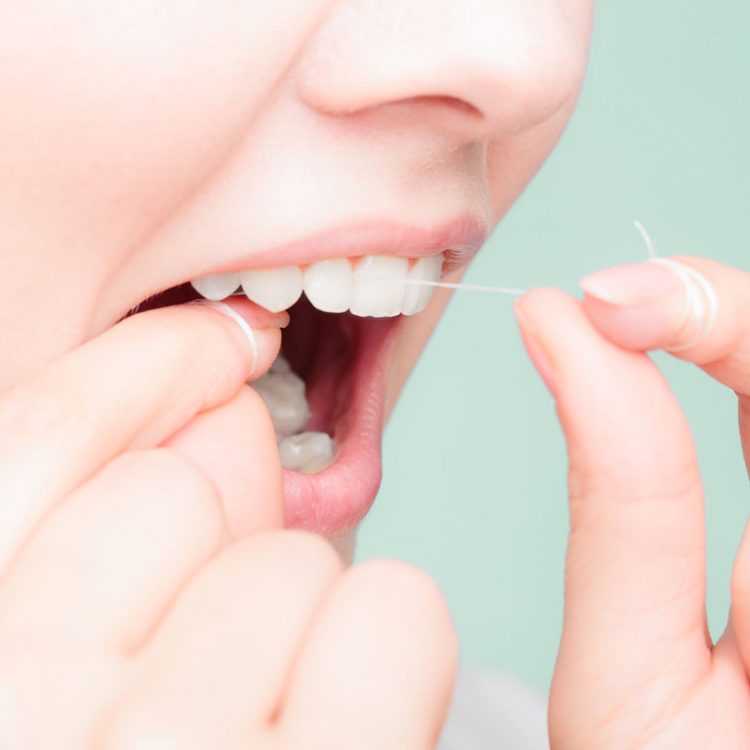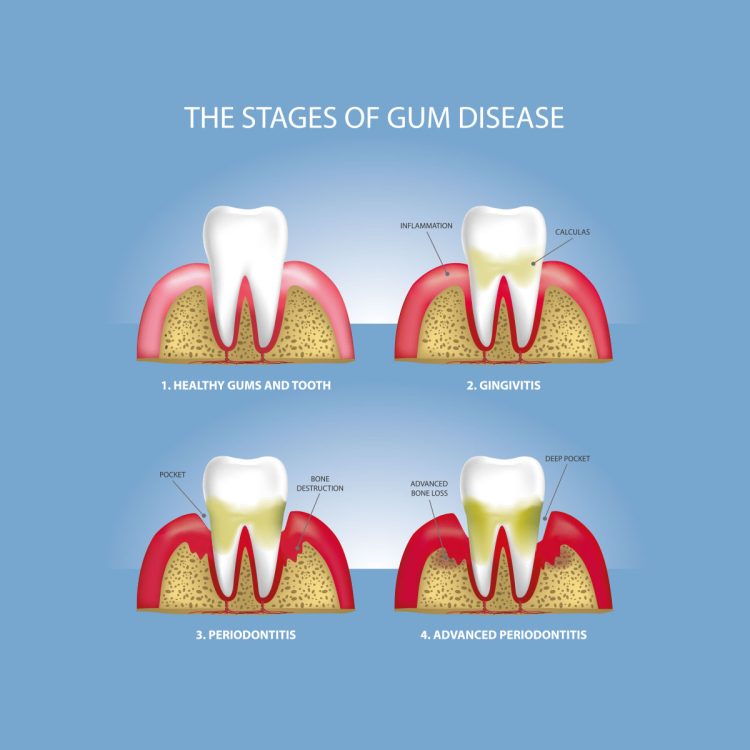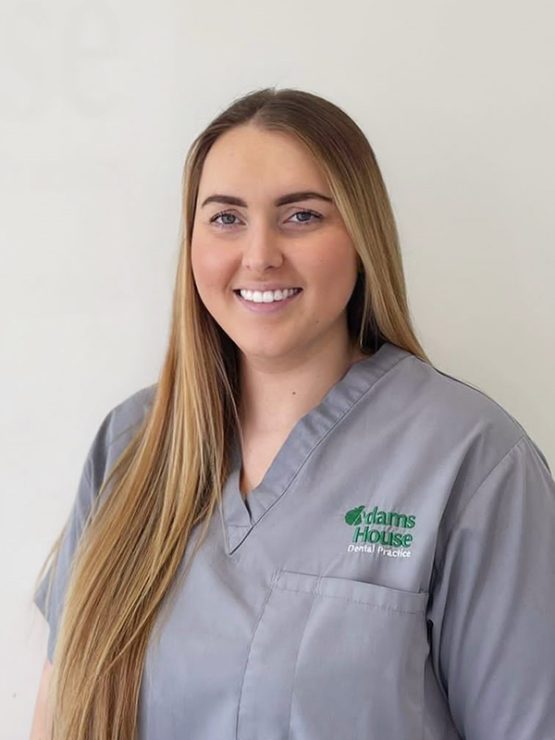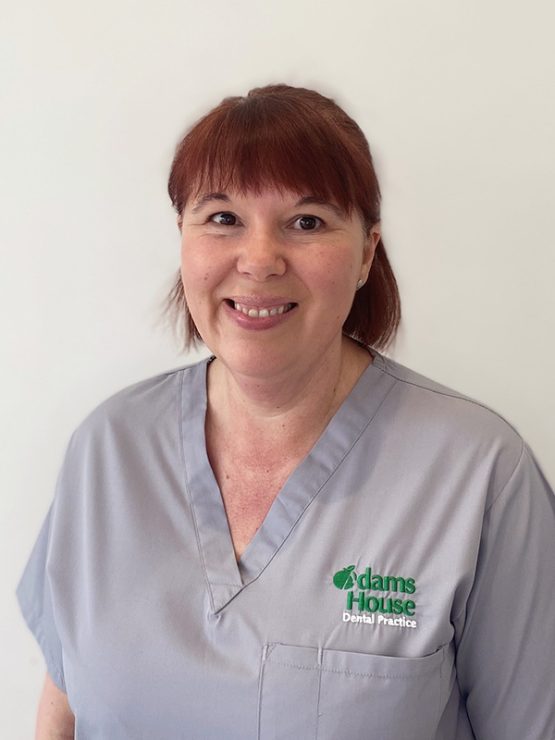Orpington Dental Hygienist
Your dentist will include an examination of your gums during the routine dental check-up.
Gum disease affects 80% of adults and more than half of all teenagers. It’s the biggest cause of tooth loss and is linked to heart disease, bacterial lung infections, diabetes, premature births and strokes. New research also suggestions there may be a link to dementia.
Preventing dental disease is the most important part of what we do in partnership with you. By minimising and managing dental disease we extend the lifetime of your teeth, help you to avoid pain and discomfort, and reduce the likelihood of any unexpected dental bills.

There are two main forms of gum disease – gingivitis (inflammation of the gum) – this results in red looking, inflamed gums which may be swollen and bleed on brushing, and periodontitis, which involves bone loss around the teeth. Either may sometimes cause an unpleasant or metallic taste in the mouth.
Gingivitis is totally reversible, but bone loss due to periodontitis is unfortunately irreversible. Patients with periodontitis, may get the same symptoms as gingivitis, ie bleeding gums, but also, there may be halitosis (bad breath) and in the later stages of disease, mobility of the teeth, drainage of pus, spaces opening up between the teeth, occasionally pain, and ultimately tooth loss. In adults it is said that more teeth are lost through gum disease than through decay.
All gum disease is caused by plaque which is a sticky creamy coloured mass of bacteria and sugars coating the surface of the teeth. These bacteria produce toxins which along with the body’s immune response, are responsible for the damage. Without plaque, there can be no disease. As the disease progresses, and bone is lost, the sulcus around the tooth deepens and gum “pockets” develop which the toothbrush cannot easily get into. The bacteria are then able to colonize these spaces and allow the disease to progress unhindered. However, some individuals are far more susceptible to gum disease than others, be it due to the effects of smoking, some health conditions eg diabetes, immune disorders, or their genetic build up. While we can’t alter our genetics, stable control of diabetes and cessation of smoking are important aspects to try to address.
Gum disease is common but not normal. Most patients are not aware that their problem exists until they see a dentist, unless the gums are bleeding. Gum disease very rarely hurts until very advanced stages. Often patients think that if the gums bleed, they must be brushing them too hard. In reality, healthy gums very rarely bleed, so bleeding is almost always a sign of disease; a sign that more thorough brushing is required. In smokers with gum disease, often there is no bleeding due to the changes in the vasculature caused by the nicotine.
As previously mentioned, left untreated, gum disease can cause progressive loss of bone around the teeth (a bit like digging away the foundations around your house) with resulting mobility, gum abscesses and eventually tooth loss.
Gingivitis can be completely reversed with improved oral hygiene. Depending on the areas involved, this may involve more thorough/effective use of the toothbrush and interdental cleaning aids such as TePe/Curaprox brushes and floss/tape. We are often asked about the use of gadgets like the WaterPik while these are partially effective as an additional aid, we do not advise they be used instead of interdental brushes.
Mouthwashes have a limited use in controlling gum disease, and are certainly no substitute for effective manual cleaning. The most effective mouthwashes on the market are those containing Chlorhexidine (eg Corsodyl). However, Chlorhexidine used regularly generally causes staining of the teeth, so should only be used when specifically advised. Curasept mouthwash which also contains Chlorhexidine contains an ingredient which claims to prevent the staining. Of the other mouthwashes on the market, the Listerine family (eg Listerine Advanced Defence Gum Treatment) are probably the most effective of those that can be used regularly at a different time to brushing but ensure it is alcohol free.
Our hygienists are dental professionals who trained to the highest standard so you can expect to receive hygiene care that is second to none. They will undertake a thorough cleaning of your teeth and gums, removing any plaque and tartar that has built up in those difficult to reach places. After a session with Terrie or Lauren you will feel and see a real difference in your teeth.
Both are friendly, gentle and understanding. They have lots of experience assisting patients who are nervous of the dentist or who have had bad hygiene experiences in the past.
Your dentist works in conjunction with our hygienists and will prescribe hygiene visits based on your gum health score – something you should become familiar with!
Common Dental Hygienist questions
What kind of training do hygienists have?
Dental hygienists are professionally trained much in the same way and to the same standard as a dentist. Like dentists, dental hygienists and therapists strictly adhere to the GDC’s standards of dental care.
I’d like to have whiter teeth but do I have to have tooth whitening?
No. You can maintain cleaner teeth with regular hygiene visits. We do offer air polishing, which gently rids the teeth of deep staining caused by smoking, curries, red wine, coffee and age, returning them to their natural colour. This might be all you need to give your smile a boost. Ask for a shade test next time you visit and we can advise the best option from there.
Why are my gums bleeding?
Bleeding gums are a sign of dental disease and should not be ignored. They bleed when they become irritated and inflamed due to plaque (a soft film of bacteria) being left on the teeth. Plaque causes inflammation of the gums, which is called gingivitis. If left untreated this then becomes gum disease.
Do I need to clean between my teeth interdentally?
Most definitely. Whilst brushing your teeth twice a day for two minutes is recommended, it isn’t enough to reach all the surfaces of the teeth. By flossing and using interdental brushes daily as recommended you are ensuring that any plaque and food trapped between the teeth is removed and therefore the chances of dental disease developing is minimised.







